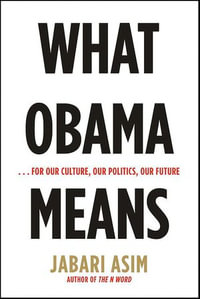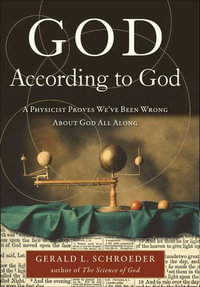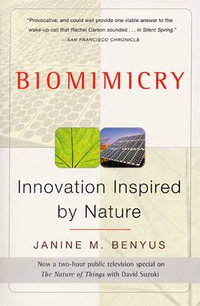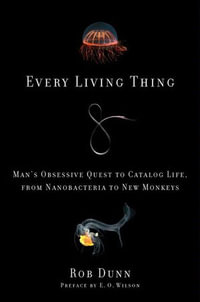
The Unity of Science in the Arabic Tradition
Science, Logic, Epistemology and their Interactions
By: Shahid Rahman, ?Tony Street, ?Hassan Tahiri
eText | 15 July 2008 | Edition Number 1
At a Glance
eText
$479.01
or
Instant online reading in your Booktopia eTextbook Library *
Read online on
Desktop
Tablet
Mobile
Not downloadable to your eReader or an app
Why choose an eTextbook?
Instant Access *
Purchase and read your book immediately
Read Aloud
Listen and follow along as Bookshelf reads to you
Study Tools
Built-in study tools like highlights and more
* eTextbooks are not downloadable to your eReader or an app and can be accessed via web browsers only. You must be connected to the internet and have no technical issues with your device or browser that could prevent the eTextbook from operating.
ISBN: 9781402084058
ISBN-10: 1402084056
Published: 15th July 2008
Format: PDF
Language: English
Publisher: Springer Nature
Edition Number: 1
You Can Find This eBook In
This product is categorised by
- Non-FictionLanguage & LinguisticsLinguistics
- Non-FictionPhilosophyPhilosophy & Logic
- Non-FictionPhilosophyHistory of Western PhilosophyMedieval & Renaissance Philosophy
- Non-FictionScienceScience in GeneralHistory of Science
- Non-FictionLanguage & LinguisticsLanguage Learning & Teaching
- Non-FictionPhilosophyEpistemology & The Theory of Knowledge
- Non-FictionPhilosophyHistory of Western Philosophy
























